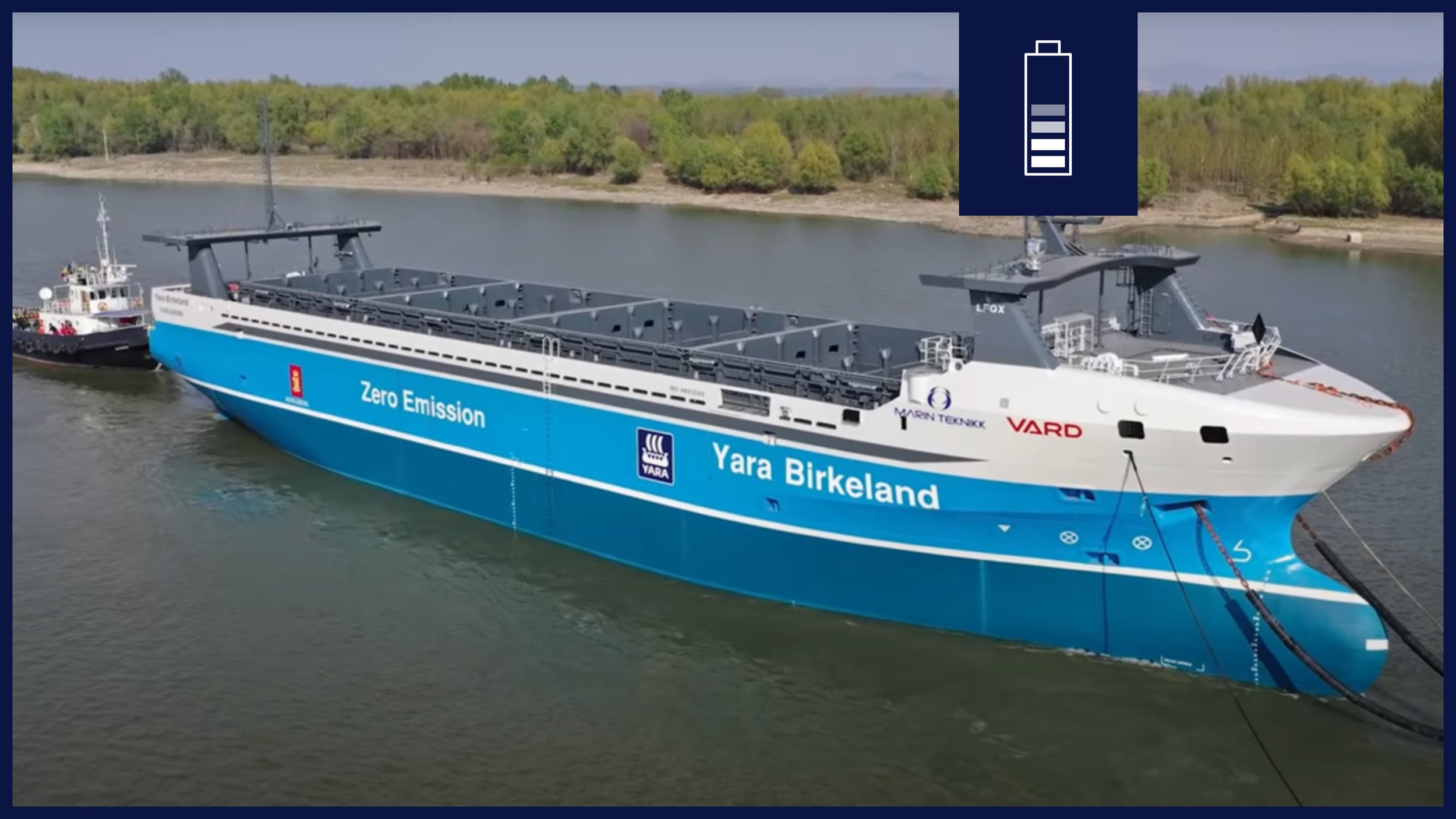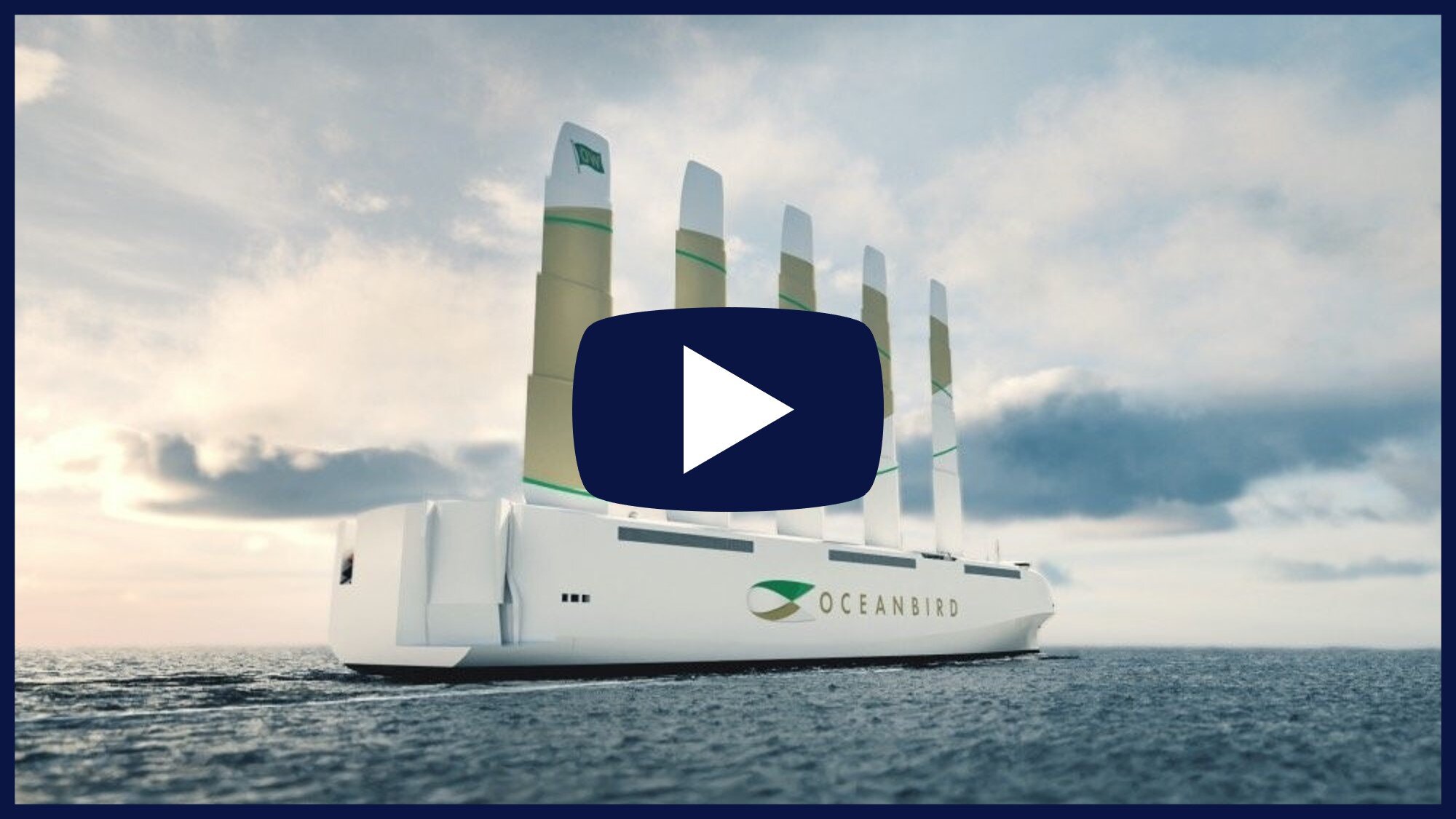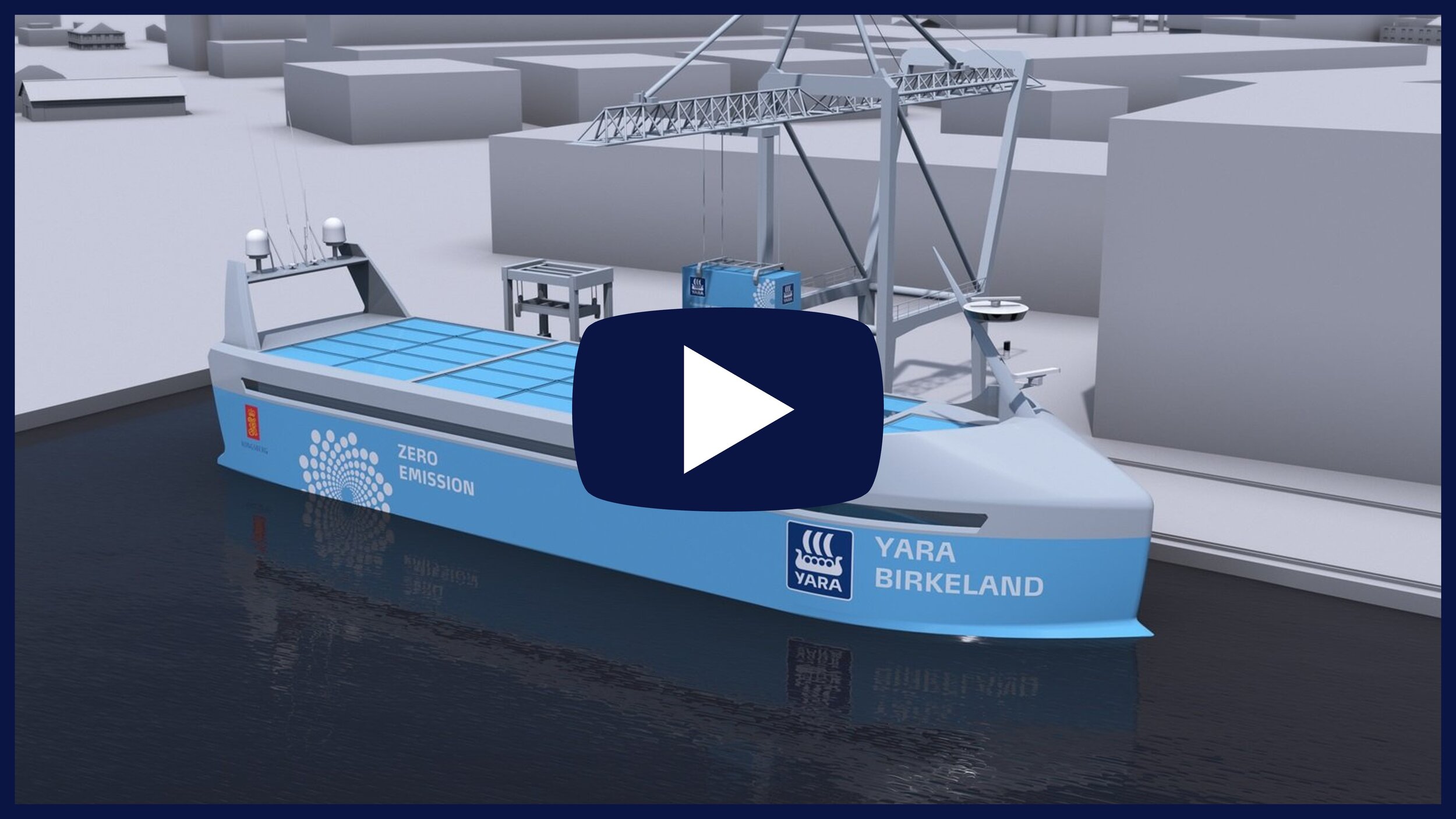Case studies | Find examples on decarbonization measures, costs and regulations to benchmark your business case
Ship-Based Carbon Capture Techno-Economic Guide
This blog provides techno-economic guidance for the use of SBCC onboard your vessel, including operational impact, logistics and of course the costs for implementation. Key points include the following; SBCC is applicable to virtually all ship types, sizes and fuel type but LNG is preferred. SBCC produces 2 m3 of CO2 per day per MW. SBCC costs €115 per ton CO2, is a CAPEX dominated technology and costs €175k per MW.
Inside The World's First Electric Cargo Ship - Yara Birkeland
Dubbed ‘the Tesla of the seas’ this fully-electrified, fully-autonomous cargo ship is already making waves. The Yara Birkeland has a 7MWh battery, charged by Norwegian hydro power. She can carry a little over 100 containers. The ship cost about 25 million dollars, about three times a “conventional ship price”, but will nonetheless cut OPEX for Yara by 90%.
Introducing Oceanbird – the wind powered cargo vessel
Pioneering an innovative wind-powered propulsion technology, Wallenius Marine is launching Oceanbird as a next-generation, sustainable transport vessel. Here’s Carl-Johan Söder Naval Architect & Project Manager for Oceanbird with perspective on how Oceanbird promises to smash the International Maritime Organisation’s climate emission targets.
World’s ‘first’ autonomous, zero emission container ship
The world’s first zero-emissions, autonomous ship. This is a game changer and a result of collaboration with Kongsberg, a global technology company, that will eventually change the world of maritime transport.




